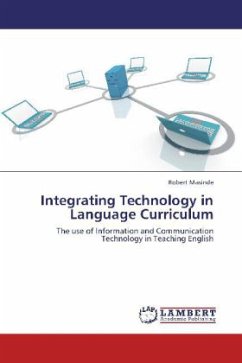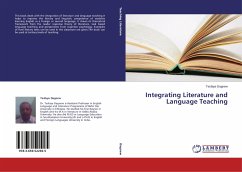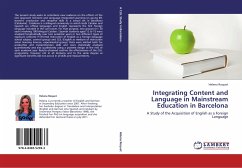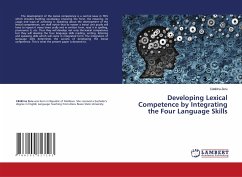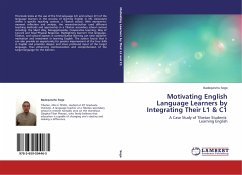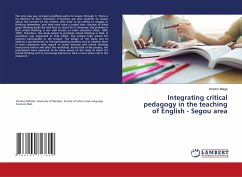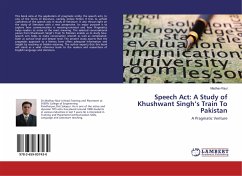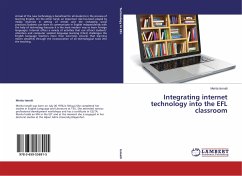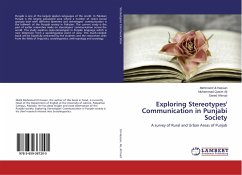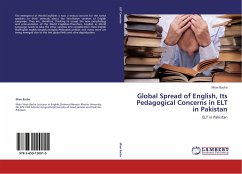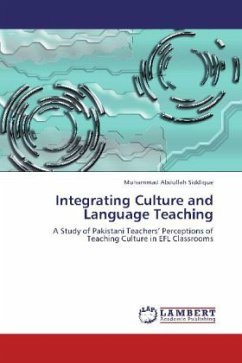
Integrating Culture and Language Teaching
A Study of Pakistani Teachers Perceptions of Teaching Culture in EFL Classrooms
Versandkostenfrei!
Versandfertig in 6-10 Tagen
32,99 €
inkl. MwSt.

PAYBACK Punkte
16 °P sammeln!
Learning a new language involves more than mere acquisition of linguistic and communicative competence. It accompanies increase in learners familiarity with target language s cultural background and intercultural competence in general. Due to this inseparable relationship between language and culture, foreign language teaching is seen void without intercultural consciousness and intercultural discovery. In most of the ELT settings teachers play a vital role; their views are valuable from syllabus design to the actual classroom practices, and in terms of culture teaching their role becomes even...
Learning a new language involves more than mere acquisition of linguistic and communicative competence. It accompanies increase in learners familiarity with target language s cultural background and intercultural competence in general. Due to this inseparable relationship between language and culture, foreign language teaching is seen void without intercultural consciousness and intercultural discovery. In most of the ELT settings teachers play a vital role; their views are valuable from syllabus design to the actual classroom practices, and in terms of culture teaching their role becomes even more crucial as they are the mediators between two cultures. Considering the significance of culture and the central position of teachers in the process of foreign language teaching, this comprehensive study together investigates Pakistani teachers perceptions and understanding of various aspects of culture in language teaching.



